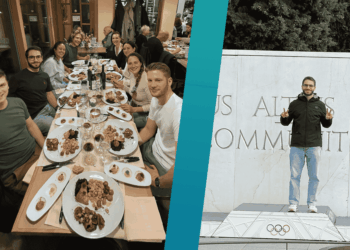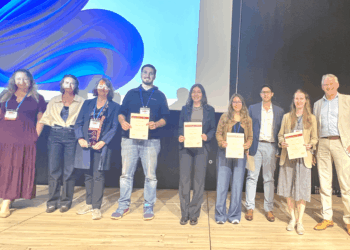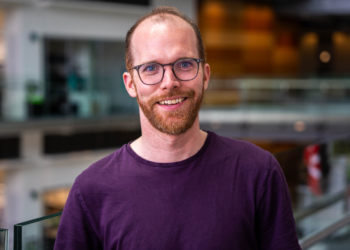In May this year, Professor Mark Lawler, a member of the EACR and IACR, gave a thought-provoking talk at TEDxQueensUniversityBelfast titled “Tackling Cancer Inequalities: The Time to Act is NOW!” He discussed being part of a collaboration of around 60 partners of cancer patients, patient advocates and healthcare professionals that helped to introduce the European Cancer Patient’s Bill of Rights on World Cancer Day in 2014.
There are three main principles of the Bill of Rights:
-
It is the right of every European citizen to receive the most accurate information and to be proactively involved in his/her care.
-
The right of every European citizen to optimal and timely access to a diagnosis and to appropriate specialised care, underpinned by research and innovation.
-
The right of every European citizen to receive care in health systems that ensure the best possible cancer prevention, the earliest possible diagnosis of their cancer, improved outcomes, patient rehabilitation, best quality of life and affordable health care.
Here are some key points from Professor Lawler’s passionate talk:
There are huge disparities within Europe with regards to survival rates, diagnosis, access to treatment and research & innovation.
- In Poland, the lung cancer mortality rate is 83%, whereas the European average is 56.4%.
- In Romania, the cervical cancer mortality rate is 14.2%, whereas the European average is 3.7%.
- The survival rate is up to 40% higher in Western Europe compared to Eastern Europe.
- This isn’t exclusive to Eastern Europe – in Northern Ireland, there was a ‘postcode lottery’ which saw some people in the UK miss out on access to innovative drugs.
“Cancer doesn’t respect borders, so why should we?”
- The Bill of Rights has been signed by 25 different European countries, with 60 partners involved.
- Research and innovation across borders: there are challenges with early diagnosis in the UK and Denmark. Danish research found ways to combat this, and this was shared with the UK
- 87% of countries have a National Cancer Control Plan, which drops to 54% in Central & Eastern Europe. An aim of raising awareness and talking to politicians to change this statistic.
“The end of cancer treatment does not signal the end of cancer care”
- Raising awareness that despite being cured, there are still the psycho-social, mental, emotional and financial affects of cancer that are often overlooked.
- There are now more and more conferences and meetings catering for cancer survivors and cancer patients.
- The Bill of Rights challenges inequalities that patients regularly experience.
70:35 vision – the aim that an average of a 70% long-term survival rate from cancer is achieved by 2035.
- By working together and sharing best practice, this should be achievable.
- Everyone can be involved! For example, Cancer Focus Northern Ireland helped to galvanise 30,000 signatures in an equal access campaign to demand improved access to innovative drugs and medicines.
- Research and innovation is important: patients are more likely to have a better outcome if they are treated in a research hospital.
- The Bill of Rights is a catalyst for change and a tool of empowerment for cancer patients.








